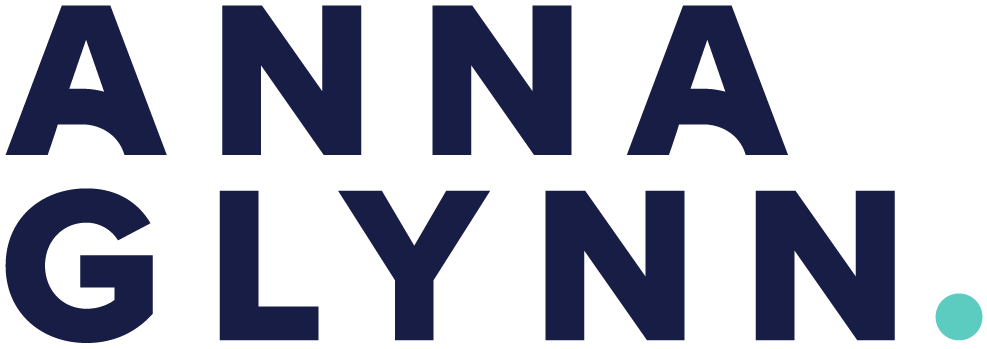We talk a lot about the future of work but what if the real issue isn’t the future at all?
Lately, I’ve been thinking about the contradictions baked into our current systems that are quietly undoing our best efforts…
In Australia, this tension is particularly visible. Gallup’s latest State of the Global Workplace findings show that 56% of Australians say they’re thriving in life (compared with 33% globally), yet less than a quarter are engaged at work. Nearly two-thirds are simply not engaged, and 12% are actively disengaged.
Then I came across a line in The Age recently, where author Tim Duggan asked,
“Is Australia a great place to live, but a lousy place to work?”
That question stuck with me. Because it’s confronting but also revealing. Behind this paradox lies a deeper truth – our workplaces are still built on outdated assumptions. And they’re cracking under the pressure of modern expectations.
The Skills We Tried to Suppress
For years, our workplaces encouraged us to act like robots. Don’t show emotion. Don’t talk about your personal life. Don’t socialise too much with colleagues. Just get the job done, stay professional, keep it all business.
But then the pandemic moved our working lives into kitchen tables and bedroom corners. Suddenly, we saw into each other’s lives, quite literally. We met our boss’s cat, saw their laundry pile in the background, and maybe even caught a glimpse of their pjs.
Despite the return to the office, something fundamental had shifted. And now, with AI entering the workforce, we’re not asking people to be more robotic – we’re asking them to be more human.
Skills like emotional intelligence, empathy, creativity, vulnerability, curiosity, and meaningful communication were once considered ‘soft.’ Now, they’re essential. Not just because they make work better but because they’re also the one thing AI can’t replicate.
And this isn’t just theory. The World Economic Forum’s Future of Jobs Report (2024) shows that many of the fastest-growing skills projected by 2030 aren’t technical, they’re human (see image below).
They’re not ‘nice to haves’, they’re human edge skills in a world where AI handles the routine and humans deliver the remarkable. (This is something I explore in my latest Whitepaper on future-proofing teams, if you want a peek, click here.)
We spent decades encouraging people to suppress the very traits we now say are critical. This is a big opportunity to embrace what makes us human. In an AI-enhanced world, these are our differentiators (I’ll be exploring this more in tomorrow’s Masterclass).
It’s not just what the machines need, it’s what our cultures need too. Because when we invest in our human edge, we build more connected, collaborative, and thriving teams.

The Cost of High Performance
High performance is still the holy grail in many workplaces. And there’s nothing wrong with striving for excellence.
But can you really call yourself a high-performing organisation if your top talent is disengaged, burning out or walking out the door?
Busy is still worn like a badge of honour. High performers are applauded until they hit a wall. Despite all we know about burnout, many organisations remain locked in systems designed for short-term output, not long-term sustainability. And it’s costing us – big time.
Burnout is rising. Engagement is falling. And the very people we rely on most are either burning out or quietly slipping away.
Wellbeing still isn’t part of the performance conversation. Burnout isn’t measured. Disengagement isn’t managed properly. Attrition doesn’t show up as a performance risk even though it is one. Leaders aren’t held accountable for the human cost of how results are achieved.
You can’t have sustainable results without sustainable humans. High performance shouldn’t drain people, it should energise them. And when we redefine success to include wellbeing, engagement, and satisfaction, we build teams that go further – and thrive while doing it.
The Flexibility Reversal
Remote work taught us a lot. The clearest lesson being that most of us don’t need to be in the office full-time to do our best.
We showed we could be productive, collaborative, even innovative – without the commute. But lately, many companies are quietly taking that back. Some cite culture. Others say collaboration. Most say productivity.
But the evidence rarely supports the return. There’s no conclusive data showing that in-office work drives better collaboration, innovation, or customer outcomes, as long as teams have the right tools and support of course.
So what’s really being tested here isn’t location – it’s trust. Trust based on hours not output.
And when autonomy is stripped away, people don’t just lose flexibility, they lose motivation. They feel monitored, not supported. And loyalty fades.
Flexibility isn’t a perk anymore. It’s not a bonus. For many, especially the younger generations, it’s a baseline expectation.
So it’s no surprise that return-to-office mandates are met with backlash especially when they come without consultation, supporting data, or even the basics, like a desk to work at.
Companies absolutely have the right to ask people to return. But if you do, make sure it’s based on your own data not assumptions. And as always, the conditions matter. People thrive when the setup supports them.
Because autonomy isn’t about where you sit, it’s about being trusted to do your best work in the way that works best for you.
These 3 contradictions aren’t random, they’re inherited from outdated systems. And unless we challenge them, we’ll keep repeating them.
The good news however is that these tensions show us exactly where to begin. When we get honest about what’s not working, we can start building workplaces that support human performance not just business performance.
We all know change is hard – even when it’s for the better. You can’t unlearn decades of conditioning overnight. And it takes more than a flick of the switch.
Real change requires intention, strategy, and leadership. This is the work I do with leaders and teams, helping them shift from outdated norms to more human, sustainable, and high-performing cultures.
The strongest leaders and most progressive organisations are the ones willing to challenge the status quo. They don’t just ask what’s always been done? They ask, what’s working? And more importantly – what’s worth changing?
So, what outdated system or contradictions are you ready to challenge?




